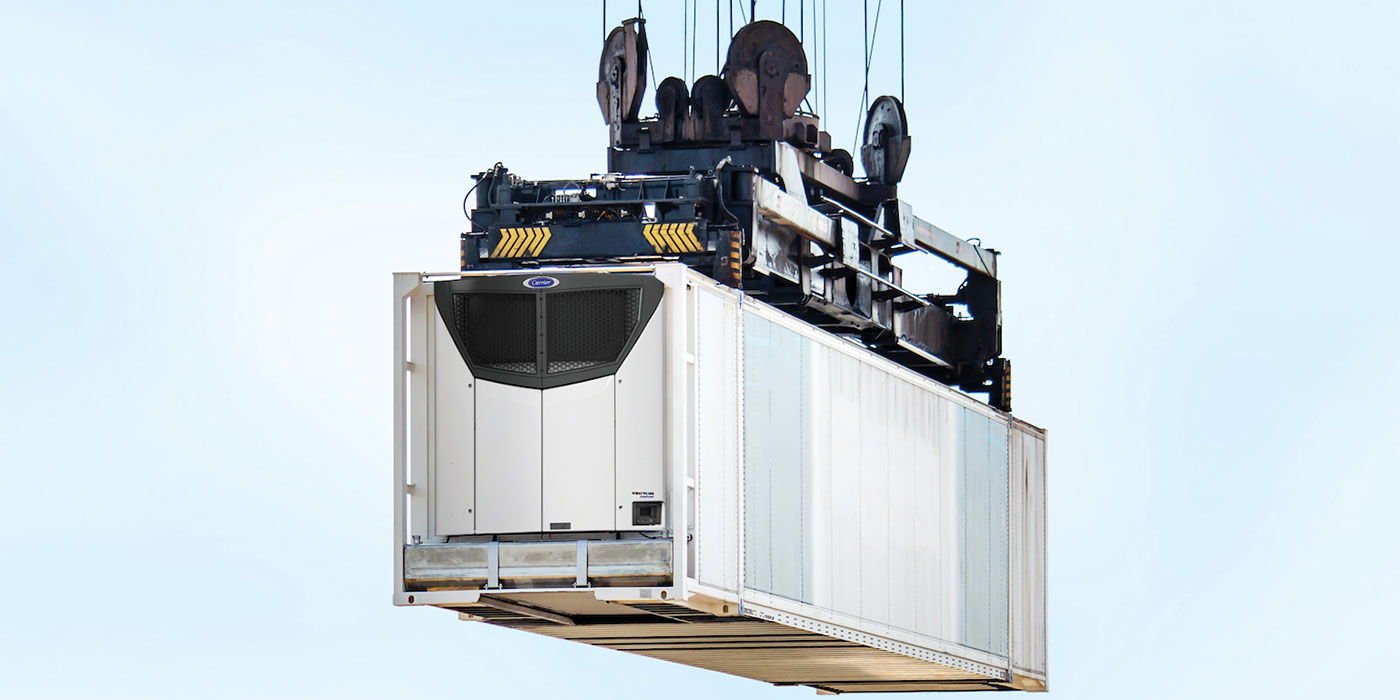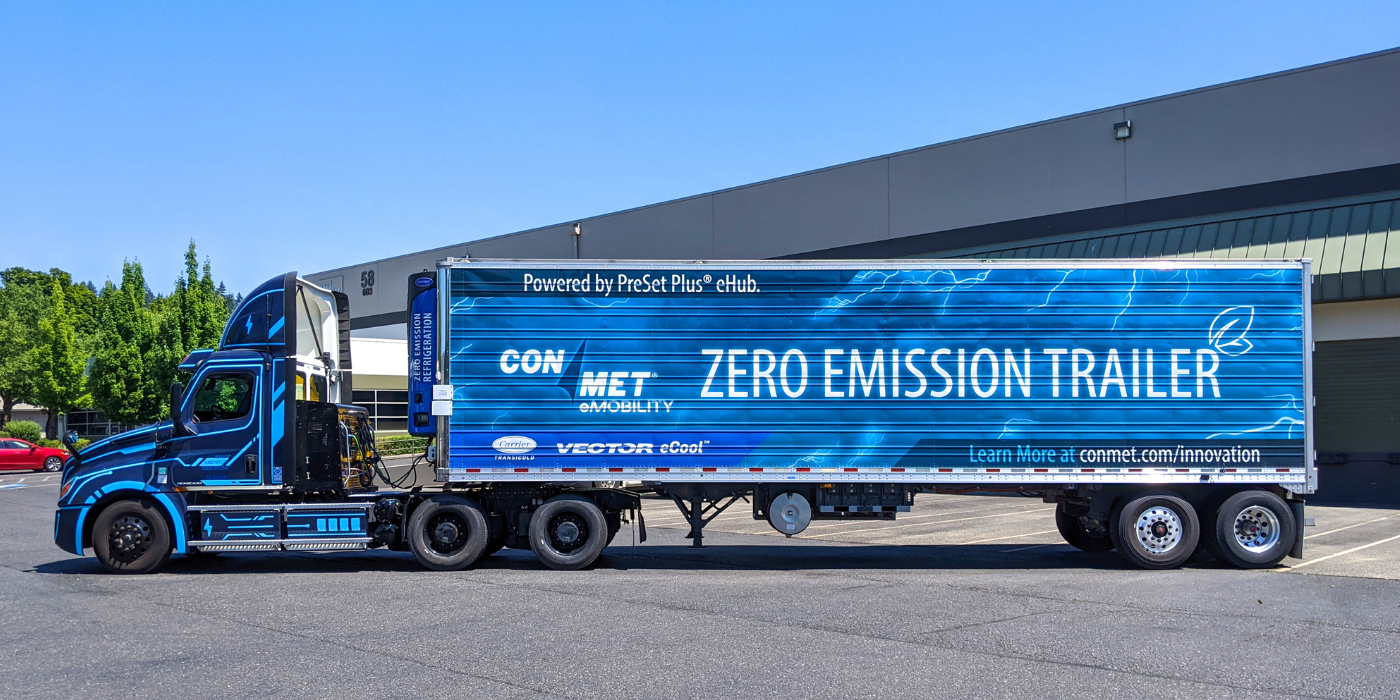Enacted in January 2011, the Food Safety Modernization Act (FSMA) fundamentally changes the way the U.S. regulates the safety of its food supply, shifting the focus of federal regulators from responding to food contamination issues to trying to prevent them. Full implementation of the FSMA has been slow in coming, due to a variety of factors including a delay in funding authorization.
According to Bud Rodowick, manager of fleet performance for Thermo King, “There is no doubt that momentum will begin building again soon and that the FSMA will have an enormous impact on the refrigerated transport industry starting in 2013. Refrigerated fleet operators need to understand FSMA and prepare to help their food producer and processor customers meet its requirements, or risk falling behind their competitors once FSMA is fully implemented.”
Under FSMA, food producers and processors must take a variety of actions to ensure that food is not adulterated. In general, the requirements include developing and implementing preventive controls plans (PCPs) that include:
• evaluating hazards that could affect food safety,
• specifying preventive steps or controls to minimize or prevent hazards,
• establishing how they will monitor the controls to make sure they are working,
• maintaining records of the monitoring process, and
• specifying what actions they will take to correct any problems that arise.
The PCP process expands on the Hazard Analysis Critical Control Point (HACCP) systemic approach to safety that has been used for decades in the food and pharmaceuticals industries. However, the scope of the PCP process is notably broader, covering virtually every link in the cold chain.
While FSMA does not specifically mandate HACCP plans for the transportation of food, industry organizations have advised producers and processors that preventive controls are likely to be considered inadequate unless they account for the transportation of temperature-controlled products.
Rodowick goes on to say that while food producers and processors have the primary responsibility for food safety under FSMA, it is clear that the regulations also will have an enormous impact on the records fleet operators keep and provide to their customers. For example, food companies will eventually be required to provide the government with information that improves the government’s ability to trace food within U.S. boundaries.
According to a statement from the deputy Food and Drug Administration commissioner of foods, “Food and beverage manufacturers must automate product traceability across the supply chain. In the future, every manufacturer must have complete supplier, manufacturing and delivery data for every product at their fingertips and in real time.”
Fortunately, advancements in transport refrigeration unit (TRU) technologies include the capability to track, record and transmit a wide range of unit performance data that can help fleet operators validate time and location of a particular load, as well as conditions inside the refrigerated truck or trailer. For example, Thermo King, a manufacturer of temperature control systems for a variety of mobile applications, said it has developed automated control systems, data acquisition capabilities and recorders, telematics alert systems and other capabilities that can help its customers accomplish these tasks easily and efficiently.
The changes that FSMA will bring provide the perfect opportunity for fleet operators to sit down with customers and discuss the implications of the new regulations and what will be required to meet them.
Following are some questions to stimulate a productive discussion.
• How do you plan to comply with these new requirements?
• What do you expect from your refrigerated fleet partners?
• What is your implementation timeline?
• Will you require private and for-hire operators to have their own Preventive Controls Plans? If so, what should they contain?
• What data will you need your partners to record, in what format, and how will it be transmitted?
FSMA requirements are still evolving and the timing for implementation is uncertain. What is certain is that food safety is a national priority that has captured the interest of every segment of our society. The refrigerated transport industry will continue to play a critical role in ensuring that the U.S. food supply is safe, fresh and reliable, Rodowick adds.



